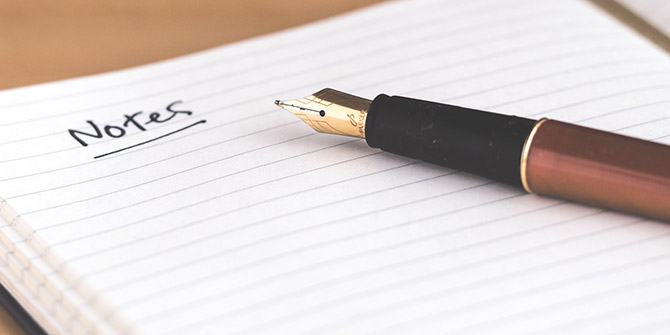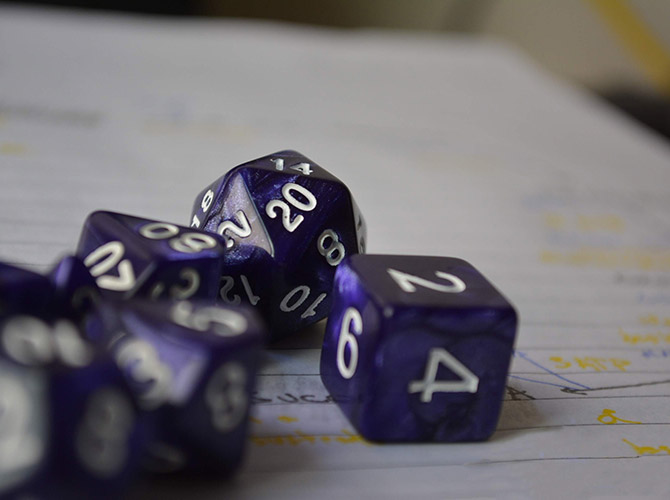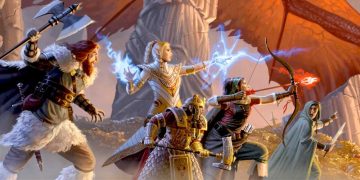I finally decided to give Dungeons & Dragons a try recently, and I think I've found a brand new addiction. Before I showed up to the local board game cafe, I have to admit I was incredibly nervous.
Would the people there be receptive to a new player? Do I need to understand all of the rules of the game before I start playing? Will the other players be a bunch of smelly super-nerds? That's just the tip of the iceberg in terms of questions I had before showing up.
I wish I had someone to answer these questions before I showed up, and I'll bet you have some of the same questions about your first session. So fear not, because I'm going to tell you what to expect based on my first time!
1. Join a "Beginner Friendly" Game

The most important thing you need to do before you show up to play your first D&D session is finding out whether the game is accepting of new players.
Sure, it would be nice if every single Dungeons & Dragons game was happy to take on new players, but that's just not the case. So, to save yourself a trip, make sure the game is accepting of new players before you go.
2. Ask If You Need to Bring Anything

For the first session, I went to, the Dungeon Master (DM) brought everything we needed in order to play the game. He had plenty of dice, character sheets, and all of the rulebooks needed to play the game properly.
But just because that's how it went for us, doesn't mean it'll always be like that. So don't be afraid to ask the DM (or place that's hosting the game) if you need to bring anything.
Will premade characters be provided? Do you need to bring dice? It's much better to know these things before you show up than to find out when it's too late.
3. Most Players and DMs Are Nice

If you've made sure that the game is accepting new players, chances are great that the players there will be accommodating and nice. They opened a new player game because they are looking to expand their group and bring new players in the Dungeons & Dragons world.
This means you can freely ask questions and find out what you don't know. As you play, questions are going to pop up, no matter how well the DM and experienced players explain things.
You're better off stopping the game to ask questions than going through without understanding. After all, another new playing in the group might have the same questions, too.
4. Take Notes as You Play

Your DM will throw lots of information at you as you play. He's going to introduce you to characters, enemies, and all kinds of other things as you move through the adventure that he or she crafted.
If you want to get the most out of the adventure, take some notes. Jot down the characters as they're introduced. Write down the locations you've visited.
Not only does writing down help you remember, but it'll keep you engaged so you don't miss any details of the story. It'll also make the DM feel good because they'll know you are actually paying attention to the story they put a lot of work into.
5. Anything Is Possible (But Not Always Easy)

Because D&D is played out largely in the imagination of the players and the DM, it's not constrained by the same limits as other mediums. In a video game, you're limited by what the programmers and designers wanted you to do. There are no such limits in D&D.
If there's something you want to do, chances are great that your DM will at least let you try. If what you want to do is difficult, it might require a very high roll in order to succeed, but don't let that stop you from trying.
Don't be afraid to think outside of the box! That's a huge part of what makes D&D so much fun.



